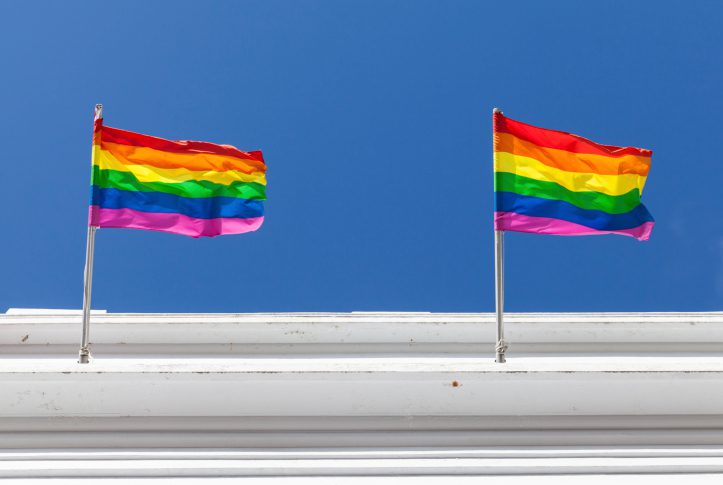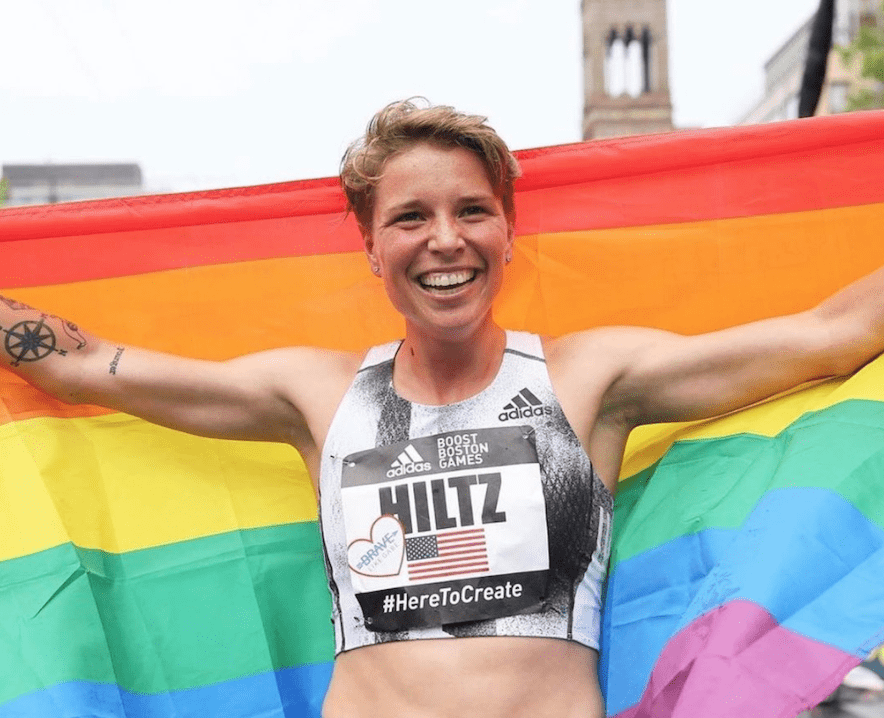Idaho court hears challenge to new trans athlete law
The landmark case Hecox vs. Little is being brought before the federal appellate court Monday

In 2020, the state of Idaho passed a law prohibiting transgender girls and women from competing on women’s sports teams. On Monday the federal appellate court heard a challenge to this law in the landmark case, Hecox vs. Little.

RELATED: Elite runner Nikki Hiltz comes out as transgender
A brief background on the Idaho law
Idaho’s Fairness in Women’s Sports Act was signed into law in March 2020. It stipulates that women and girls from kindergarten through college are prohibited from competing on women’s sports teams, including intramural and club teams. Prior to the bill being signed, protesters rallied outside the state Capitol in Boise in an effort to uphold transgender rights. Among these protesters was Chris Mosier, the first transgender person to qualify for an Olympic trial.
“We are trying to solve a problem that doesn’t exist,” he argued. “We are not seeing widespread domination by transgender women and girls.”
The law was challenged by U.S. District Judge David Nye, who issued an injunction in August on the grounds that the Act was unconstitutional as written. He argued that whether “transgender women who suppress their testosterone have significant physiological advantages over cisgender women” remains a significant dispute, and the idea that transgender women are robbing other women of victories in sports is not supported by facts.
“The Proponents’ failure to identify any evidence of transgender women causing purported sexual inequality other than four athletes (at least three of whom have notably lost to cisgender women) is striking,” he added.
Finally, since the NCAA and the International Olympic Committee (IOC) both allow transgender women to compete as long as they suppress their testosterone levels, he argued that the Idaho law went against those organizations’ policies.
https://www.instagram.com/p/CDKRZc6JIgb/?utm_source=ig_web_copy_link
The case
Hecox vs. Little involves the plaintiff, a transgender athlete named Lindsey Hecox, and Brad Little, Idaho’s Republican governor, who signed the legislation. Hecox is trying to prevent state legislators from bringing the law into effect. In an interview with NPR, Hecox explained that she is “just a 20-year-old girl” who wants to be able to compete in sports, and argued that it was wrong for them to legislate that she couldn’t compete on a women’s team.
Hecox ran cross country and track in high school on boys’ teams before her transition. She is now medically suppressing her testosterone levels, and says she has seen her athletic performance decline. In appealing this case, she says she is hoping the judges will think about trans women as real people.
“I know I’m not as fast as I used to be,” she says. “And when they have that presented to them and they still don’t want me to run, it’s just downright exclusionary. I don’t know how else to convince someone if they still think I have an advantage that’s not there.”
19-year-old Maddison Kenyon believes that Hecox and athletes like her do have an advantage. Her legal counsel in the case, Christiana Holcomb, argues that allowing transgender women and girls to compete in women’s sports threatens the efficacy of Title IX, the 1972 law that prohibits sex discrimination in education.

“We’ve had women’s sports as a separate category for nearly 50 years and have had no issues being able to determine who and what a woman is,” she says. “We want to ensure that we protect women based on their sex, so that they have those opportunities Title IX was designed to provide them.”
If this law is upheld, Idaho will join several other states that have introduced trans sports bans, including Alabama, Arkansas, Mississippi, Tennessee and West Virginia. 33 states in total have introduced bills this year that target transgender youth in sports, and many expect the question of whether these athletes are allowed to compete will ultimately be decided by the courts.
RELATED: Canadian researcher to study female transgender athletes


